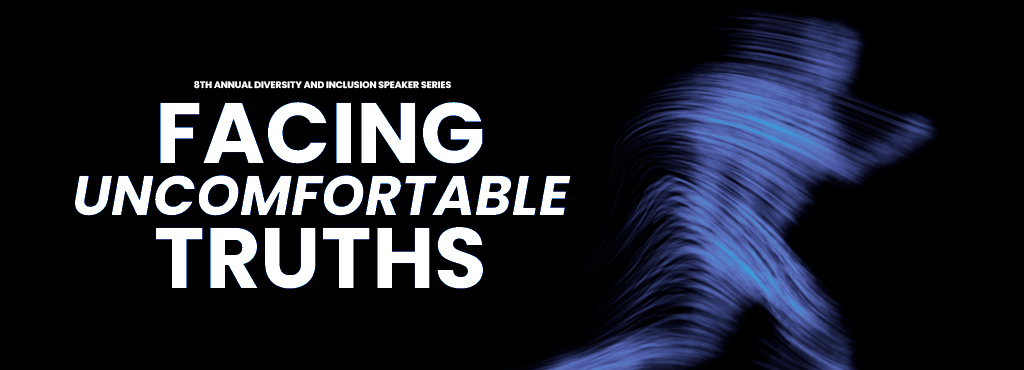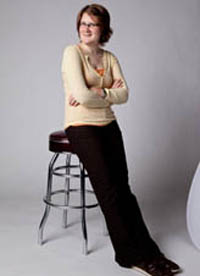Page 66 • (2,651 results in 0.022 seconds)
-
paradigm had begun to fail. His experience of terrible anxiety and the questioning which it produced joined rigorous study within his university discipline. Such study yielded a series of questions which continue to shape Lutheran education: Should one university discipline control all others or should each one enjoy the freedom to pursue truth through its own methods? Who should have access to education: all citizens or only the wealthy? Is social welfare – caring for the neighbor in need – the sole
-
S. Erving Severtson Research Fellowship Forest Foundation Undergraduate Research ProgramIn May 2000, a grant was awarded to the Division of Social Sciences for a student-faculty research program to honor PLU faculty member and alumnus (1955) Dr. S. Erving (Erv) Severtson. Endowed by the Forest Foundation, the Severtson funding supports joint student and faculty research by providing financial assistance. For student researchers, the grant covers up to $500 for project expenses and a $3,950
-

contributor to the Neuroethics research focus within UW’s Center for Neurotechnology (systems that record and stimulate the nervous system), he also leads diversity, equity, and inclusion efforts within the International Neuroethics Society. Brown’s interdisciplinary research includes the potential impact of neurotechnologies on end users’ agency and embodiment, and the potential to exacerbate or create social inequities. Brown works at the intersection of biomedical ethics, philosophy of technology
-

his keynote presentation, titled “Facing Uncomfortable Truths,” Dr. Richard Lapchick, renowned human rights activist and pioneer for racial equality, will delve into his lived experience as a social justice advocate within sport settings. Lapchick will reflect on the past and shed light on the future of social justice work. He will impart insights on how students and the community can actively contribute to the ongoing fight for equity, inclusion, and improved access to sports. Lapchick, widely
-
Kelli Hoekstra, MSW Visiting Lecturer of Social Work she/her/hers Phone: 253-535-8707 Email: hoekstkt@plu.edu Office Location: Xavier Hall - 105 Office Hours: (On Campus) Tu & Th: 1:45 pm - 3:00 pm
Office HoursTu & Th: 1:45 pm - 3:00 pm -

December 1, 2010 ‘I always wanted to go to med school. Then I found something I love even MORE.’ By Chris Albert PLU senior Lauren Thiele has always wanted to make positive change in the world. It’s why, for as long as she could remember, she wanted to go to medical school. It’s also why she came to PLU. “A lot of it is the social justice aspect of medicine,” she said. “I wanted to be one of those people that could do good in the world.” Thiele knew PLU had an impressive program that prepares
-
is to demonstrate it as a veneer of Feminine Agency, where the superficial understanding is positive, and the obstructed significance is evident of social control. Why I Majored in Religion: I decided to major in religion because it allowed me to ask questions about the Bible and explore the ancient cultures found within. My academic journey began with a passion for archaeology and led me to declare for both Anthropology and Religion. While in my first religion class, I found my love for learning
-

Cece Chan: First-Year Student, Long-Term Goals Posted by: Marcom Web Team / February 28, 2020 Image: In her first year at PLU, CeCe Chan has contributed to and lead on matters of social justice within education while pursuing a major in political science. February 28, 2020 By Lora ShinMarketing & Communications guest writerTACOMA, WASH. (Feb. 28, 2020 ) — Cece Chan’s activism awakening came in high school. As a third-generation Asian young woman, she realized Seattle Public Schools’ majority
-

significant in my life taught me, ‘No mud, no lotus,’ because lotuses grow in the mud,” she said. “Just like I came from a bad situation, but I’m doing alright now.” The road to graduation was filled with challenges for Reyes. The journey she embarked on years ago to earn her diploma is one, she says. It helped give her the strength to become the type of social worker her clients could relate to. At 11 years old she was drinking alcohol and by age 15 she was addicted to drugs. Reyes bounced around from
-

. We talked to PLU alumni in each of these roles to try to better understand this critical social emergency.LUTES GET TO WORKAfter graduating from PLU, Susan Boyd ’90 moved to Seattle to work at Compass Housing Alliance (formerly Lutheran Compass Center). Back then, her clients receiving a Supplemental Security Income (SSI) check would routinely find a basic apartment for around $330 per month. But affordable housing for those earning equivalent income today largely doesn’t exist in Seattle any
Do you have any feedback for us? If so, feel free to use our Feedback Form.


